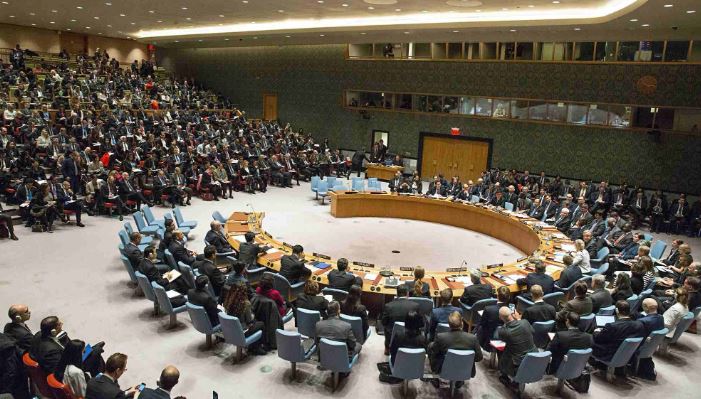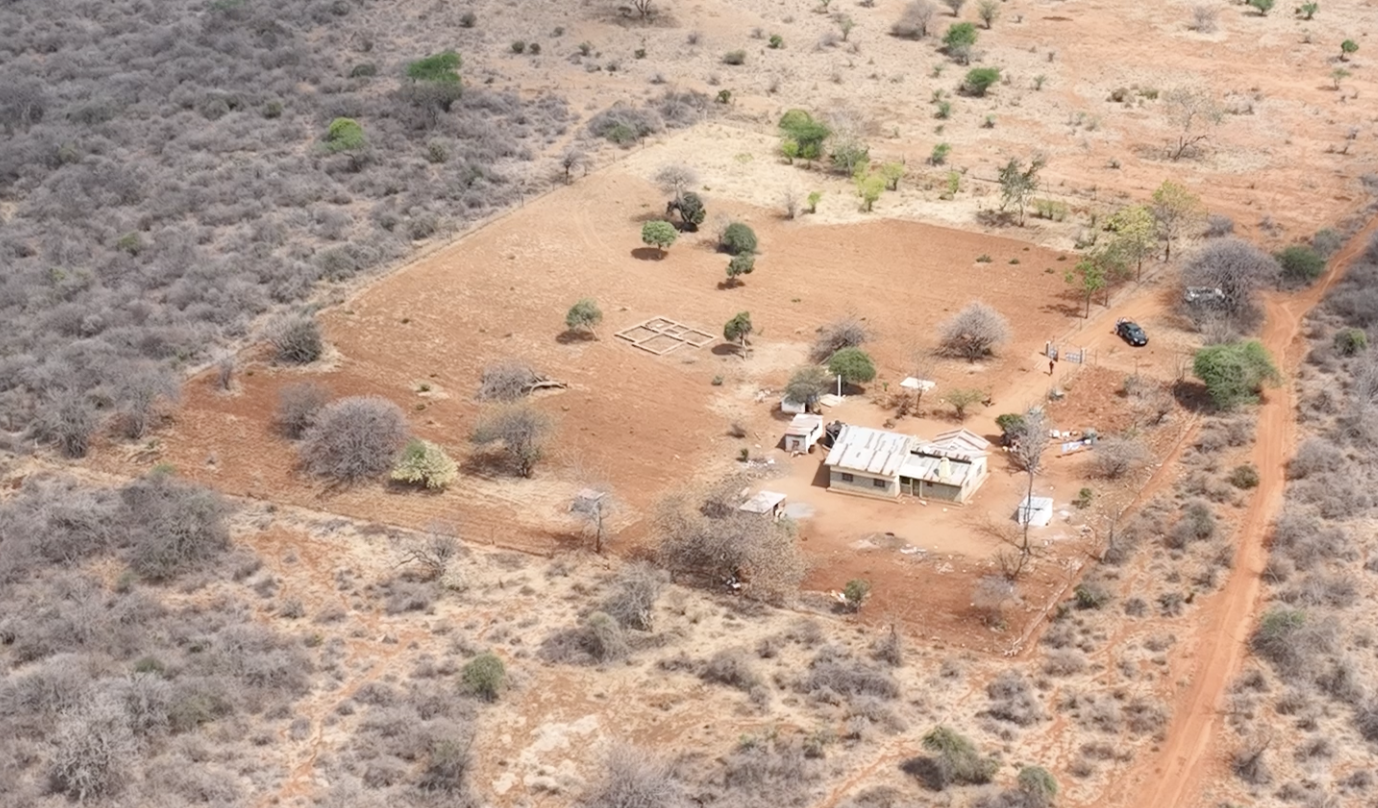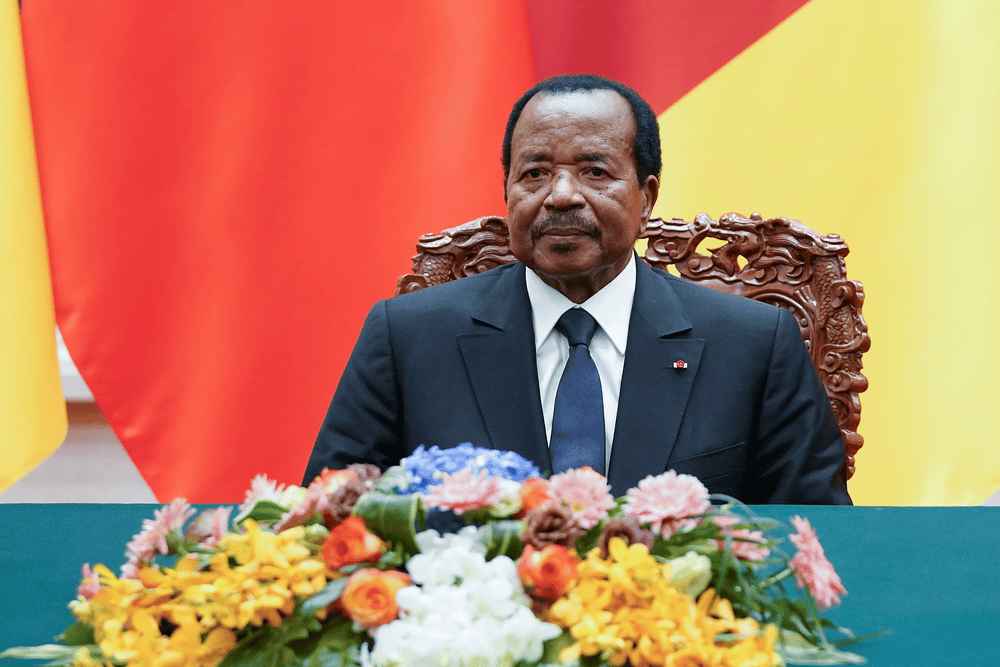
Kenya and Djibouti battle for Africa’s final Security Council seat

Africa will know its third non-permanent member of the United Nations Security Council for 2021 after today’s vote by the UN General Assembly to elect new temporary members.
Kenya and Djibouti will face off for the continent’s third seat at the Council having failed to strike a deal to forward a single state. The other two seats will be filled by Tunisia and Niger.
Nairobi enjoys the bigger support of the African Union but Djibouti is adamant it deserves a chance since Kenya has already had two stints at the Council.
Both countries hope to sway the vote in their favor by highlighting their roles in seeking peace in the Horn of African region as well as their contributions to UN peacekeeping missions.
Other strengths that Kenya hopes to bank on include hosting refugees from Somalia and Sudan as well as its support for the two countries’ governments.
Djibouti on the other hand notes its strategic location and unusual role as a defence base for diverse countries – France, the United States, China and Japan – as well as its contributions in Somalia, according to a report by Al Jazeera.
In a secret ballot in February, AU member states nominated Kenya to take the third seat besides Tunisia and Niger, but Djibouti disputed.
Despite calls by the AU to withdraw its candidature, Djibouti declined and has been lobbying for the final Africa seat.
Wednesday’s vote will not be conducted electronically despite the UN mostly operating virtually.
Each of the 193 delegations will have a chance to cast a secret ballot in the Assembly Hall in New York at designated times distributed throughout the day.
To win a seat at the Security Council, each contestant requires two-thirds of the votes cast – meaning 128 if all the 193 nations vote. In cases where there is no clear winner, member states may have to vote multiple times until a winner if found.
The Security Council has 10 non-permanent members in addition to the veto-wielding Big Five – Britain, China, France, Russia and the United States.
The General Assembly will also elect its president for the 2020-2021 session.






